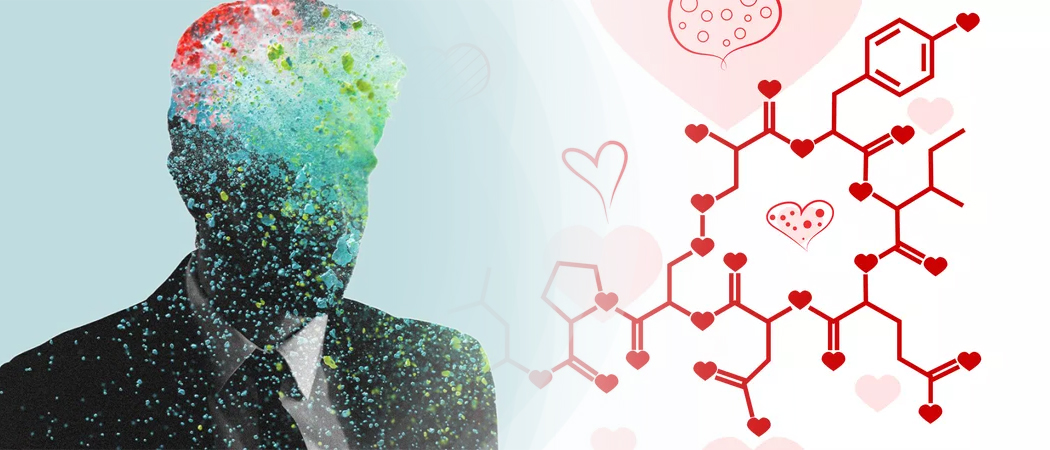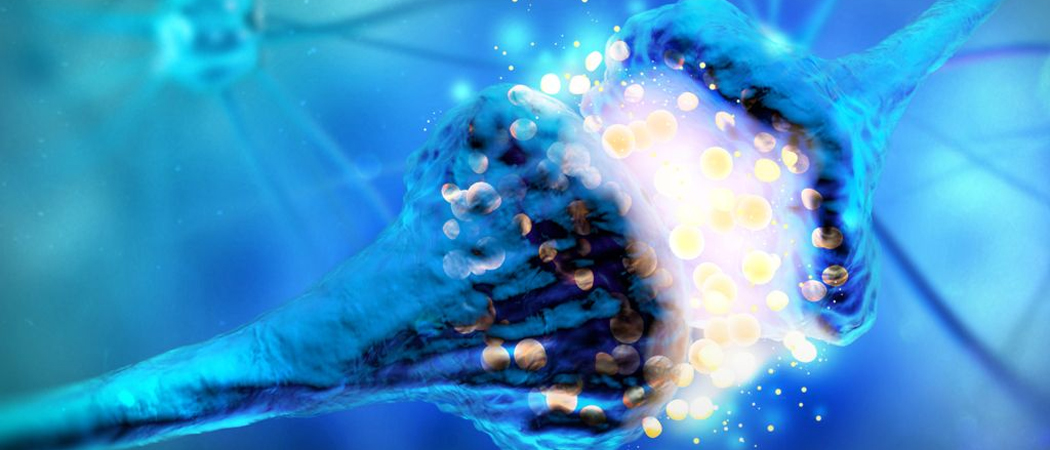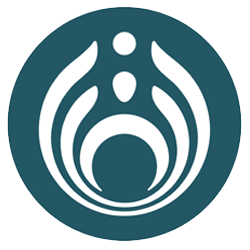Improve Mood and Wellbeing: Dopamine, Endorphins, Oxytocin, and Serotonin
Have you ever wondered what makes you feel good, both physically and emotionally? It’s all thanks to your brain’s powerful neurochemicals—dopamine, endorphins, oxytocin, and serotonin. These chemicals are the brain’s natural reward system, and they’re responsible for everything from boosting your mood to enhancing your social connections and even reducing stress.
When you experience joy, excitement, or even a sense of accomplishment, these feel-good chemicals are at work, triggering a cascade of positive effects in your body and mind. Dopamine, often called the “reward molecule,” fuels motivation and pleasure, while endorphins act as your body’s natural painkillers, bringing a sense of euphoria. Oxytocin, the “love hormone,” deepens bonds with others, and serotonin, often linked to happiness, helps regulate your mood and emotional stability.
In this article, we’ll dive into how these four key neurochemicals influence your wellbeing and how you can naturally activate them to improve your mood, energy levels, and overall emotional health. Whether you’re looking to enhance productivity, strengthen relationships, or just feel more grounded, understanding how these chemicals work can help you unlock a happier, healthier you.
Understanding these Neurochemicals
Dopamine: The Motivation & Pleasure Chemical 🧠✨
Dopamine plays a crucial role in controlling memory, mood, sleep, learning, concentration, and body movements. It is responsible for feelings of pleasure, satisfaction, and motivation, particularly when you accomplish something important. 🎯
It gives you that surge of energy when you’re working toward your goals and that “Eureka!” moment when you succeed. 🏆
WARNING! ⚠️ After experiencing that euphoric dopamine rush, you may crave it again. However, as your needs are met, dopamine doesn’t come as easily, which leads some to seek more intense rewards. That’s why addiction to substances like alcohol and illegal drugs, which trigger dopamine surges, can occur. A skilled management of dopamine levels can help avoid this cycle.
Endorphins: Your Natural Painkillers 💪💥
Ever feel amazing after a good workout? 🏋️♂️ That post-exercise “high” is caused by endorphins, tiny neurochemicals released by your body that help mask pain and induce feelings of euphoria. These natural painkillers are produced by the central nervous system and the pituitary gland. 🌟
Endorphins bind to opiate receptors in the brain, reducing pain and boosting pleasure. 🧘♀️ Since we naturally seek pleasure and avoid pain, endorphins reinforce behaviours that make us feel good and connect us socially.
WARNING! ⚠️ Too much endorphin release can be excessive. Thankfully, you don’t need to run marathons to feel the effects! Enjoying dark chocolate 🍫, spending time with friends 👯♂️, playing music 🎶, meditating, or watching your favourite shows 📺 can boost your endorphin levels without the extremes.
Oxytocin: The Love & Bonding Chemical ❤️🤗
Known as the “love chemical” or “bonding hormone”, oxytocin promotes feelings of safety, connection, and trust. It’s triggered by physical touch, which is why a hug 🤗 or a cuddle can immediately make you feel positive and connected to others.
Oxytocin strengthens relationships and fosters social trust, making it essential for human connection.
WARNING! ⚠️ Just like animals in the wild, humans can feel a deep longing to bond with others. However, betrayal or isolation can lead to stress responses, such as increased cortisol levels, which trigger negative feelings. Stay aware of your need for healthy connection to avoid dependency or unhealthy bonding.
Serotonin: The Mood Stabilizer 🌞😊
Serotonin is a natural mood stabilizer that regulates happiness, wellbeing, and emotional stability. It produces feelings of pride, self-esteem, and a sense of being respected. When you feel like you’re “one-up” compared to others, your brain releases serotonin, making you feel good about yourself. 🏅
Serotonin helps regulate mood, sleep, cognitive function, and even sexual desire. It is essential for maintaining a positive mindset and emotional equilibrium. 🌿
WARNING! ⚠️ Too little serotonin can contribute to anxiety and depression, leaving you feeling down or restless. 🌧️ On the flip side, too much serotonin can lead to Serotonin Syndrome, a rare but potentially life-threatening condition. Symptoms include muscle twitching, shivering, headache, restlessness, high temperature, and more. Always consult a healthcare professional if you suspect a serotonin imbalance. 🏥
To boost serotonin naturally, spend time in sunlight 🌅, exercise regularly 🏃♂️, and eat foods rich in tryptophan (e.g., turkey, eggs, cheese, salmon, and tofu).
By incorporating these neurochemicals into your lifestyle, you can boost your mood, enhance motivation, and promote overall wellbeing. Understanding how these chemicals work helps you harness their power for a happier, more productive life. 🌱💡

Small Habits, Big Chemical Wins
The best part? You don’t need any complicated formulas or expensive solutions to harness these feel-good brain chemicals. Your body already knows how—they just need the right signals.
A quick 20-minute walk, a solid belly laugh, a moment of meditation, or a kind gesture can go a long way toward triggering dopamine, endorphins, serotonin, and oxytocin. Start with small wins: set and complete a simple task to spark dopamine, spend time with a loved one to boost oxytocin, or soak up some sunshine for a natural serotonin lift. Even a sincere compliment can create a ripple effect of positivity—for both you and someone else.
By building these simple habits into your daily routine, you’re not just improving your mood—you’re fueling performance, strengthening connections, and enhancing overall wellbeing. Why wait? Start rewiring your brain for happiness and resilience today. 💪💛
Supercharge Wellbeing and Performance with Expert Coaching
Your brain already holds the key to better focus, stronger relationships, and a more positive mindset – it’s just a matter of activating the right chemistry.
By understanding how to naturally boost dopamine, endorphins, oxytocin, and serotonin, you can build habits that fuel wellbeing and improve workplace performance.
At Get Mentally Fit, we help employees, leaders and teams put this brain science into action. With personalised coaching from our Principal Psychologist Emily Johnson, you’ll learn how to hardwire these feel-good chemicals into your daily routines – supporting mental clarity, emotional resilience, and sustainable performance.
🧠 Ready to unlock the power of your brain for better work and life outcomes? Let’s chat about how coaching can help you create lasting change. Get in touch with us!


